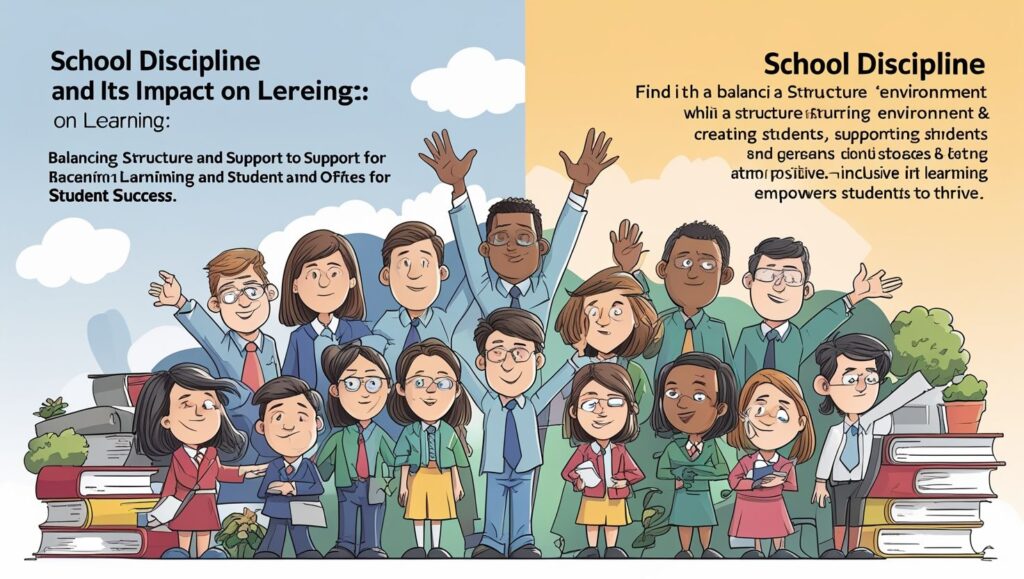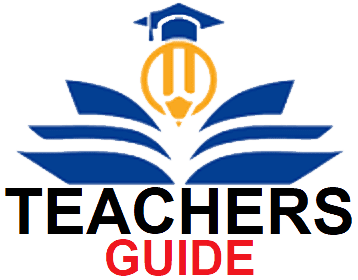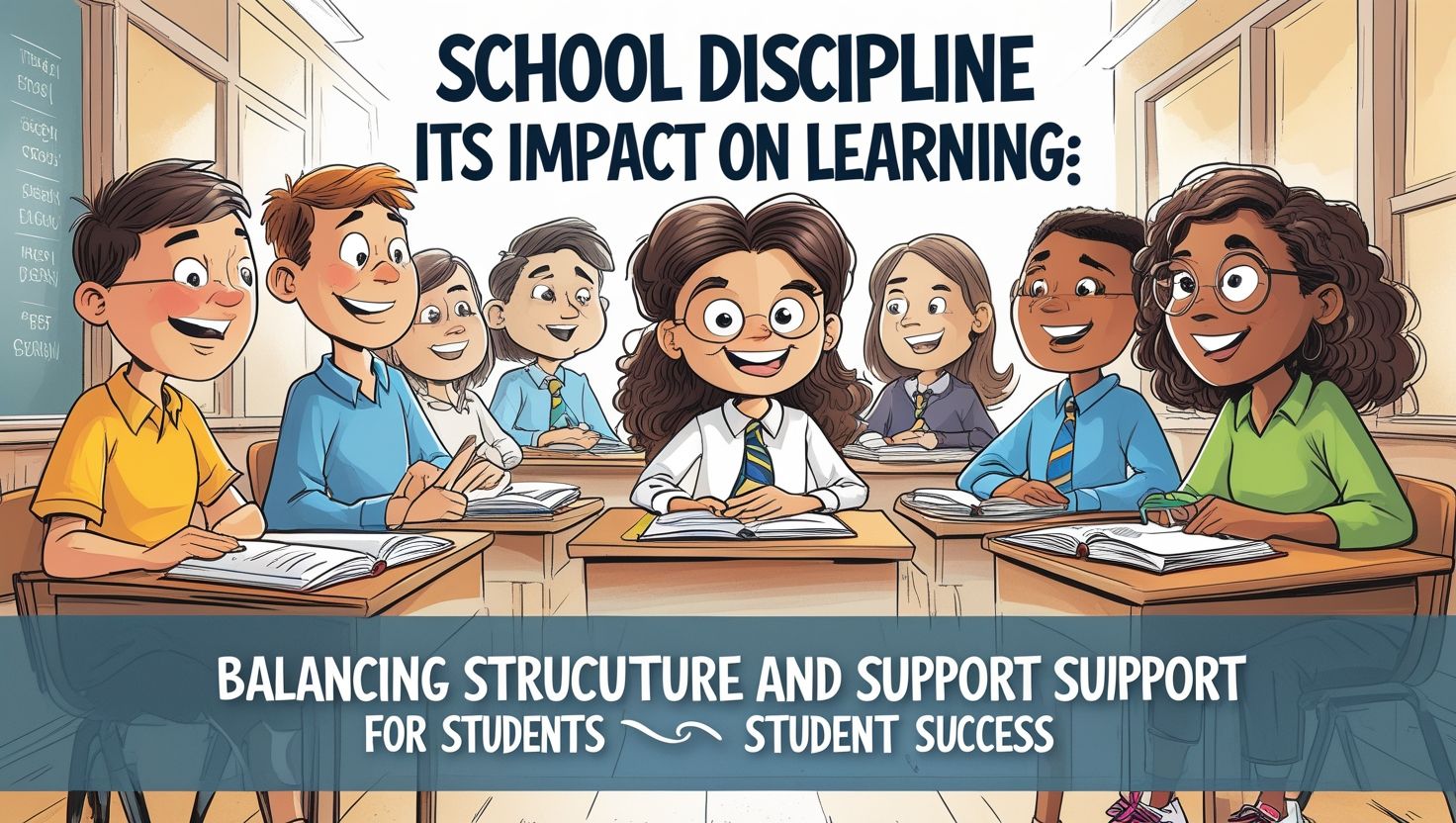Introduction
School Discipline and Its Impact on Learning, School discipline is a critical component of the educational system, shaping the learning environment and influencing students’ academic performance, behavior, and overall development. It encompasses the rules, policies, and practices that schools implement to maintain order, promote positive behavior, and address misconduct. While discipline is essential for creating a conducive learning atmosphere, its implementation and effectiveness have been the subject of ongoing debate. This article explores the concept of school discipline, its various forms, and its impact on student learning. It also examines the challenges associated with disciplinary practices and offers recommendations for fostering a positive and productive educational environment.
The Concept of School Discipline
School discipline refers to the strategies and methods used by educators to manage student behavior and ensure a safe and orderly learning environment. It is rooted in the belief that structure and boundaries are necessary for fostering respect, responsibility, and self-discipline among students. Effective discipline not only addresses inappropriate behavior but also teaches students the importance of accountability and cooperation.
Discipline in schools can take many forms, ranging from positive reinforcement and restorative practices to punitive measures such as detention, suspension, or expulsion. The approach a school adopts often reflects its educational philosophy, cultural context, and the needs of its student population. However, the ultimate goal of school discipline is to create an environment where all students can thrive academically, socially, and emotionally.
The Importance of School Discipline
- Creating a Safe Learning Environment
A well-disciplined school environment is essential for ensuring the safety and well-being of students and staff. When rules are consistently enforced, students are less likely to engage in disruptive or harmful behavior, allowing teachers to focus on instruction and students to concentrate on learning. - Promoting Academic Achievement
Discipline plays a crucial role in fostering academic success. A structured environment minimizes distractions and enables students to engage fully in their studies. Additionally, discipline helps students develop time management, organizational skills, and a strong work ethic, all of which are critical for academic achievement. - Teaching Life Skills
School discipline is not just about maintaining order; it also serves as a tool for teaching students important life skills. Through discipline, students learn self-control, responsibility, and the ability to make ethical decisions. These skills are invaluable for their personal and professional lives beyond the classroom. - Building a Positive School Culture
Effective discipline contributes to a positive school culture where mutual respect, collaboration, and inclusivity are prioritized. When students feel respected and supported, they are more likely to exhibit positive behavior and take pride in their school community.
Forms of School Discipline
School discipline can be broadly categorized into two approaches: punitive and restorative. Each approach has its own philosophy and methods, and their effectiveness varies depending on the context and implementation.
- Punitive Discipline
Punitive discipline focuses on punishing students for misbehavior as a way to deter future incidents. Common punitive measures include detention, suspension, and expulsion. While this approach may temporarily address behavioral issues, it often fails to address the underlying causes of misconduct. Critics argue that punitive discipline can lead to negative outcomes, such as increased dropout rates, alienation, and a lack of trust between students and educators. - Restorative Discipline
Restorative discipline emphasizes repairing harm and restoring relationships rather than simply punishing offenders. This approach involves dialogue, mediation, and collaborative problem-solving to address conflicts and behavioral issues. Restorative practices aim to foster empathy, accountability, and a sense of community among students. Research suggests that restorative discipline can lead to improved behavior, stronger relationships, and a more positive school climate. - Positive Behavioral Interventions and Supports (PBIS)
PBIS is a proactive approach to discipline that focuses on teaching and reinforcing positive behavior. It involves setting clear expectations, providing consistent feedback, and rewarding students for meeting behavioral standards. PBIS has been shown to reduce disciplinary incidents and improve academic outcomes by creating a supportive and predictable environment.

The Impact of School Discipline on Learning
The way discipline is implemented in schools can have a profound impact on students’ learning experiences and outcomes. While effective discipline can enhance academic performance and personal growth, poorly implemented or overly harsh disciplinary practices can have detrimental effects.
- Positive Impacts
- Enhanced Focus and Engagement: A disciplined environment minimizes disruptions, allowing students to concentrate on their studies and participate actively in class.
- Improved Academic Performance: Students in well-disciplined schools tend to perform better academically due to the structured and supportive learning environment.
- Development of Self-Discipline: Consistent discipline helps students develop self-regulation skills, which are essential for lifelong learning and success.
- Negative Impacts
- Exclusion and Marginalization: Harsh disciplinary measures, such as suspension and expulsion, can disproportionately affect marginalized students, leading to increased dropout rates and widening achievement gaps.
- Emotional and Psychological Effects: Punitive discipline can cause stress, anxiety, and a sense of alienation among students, negatively impacting their mental health and willingness to engage in school.
- Disruption of Learning: Frequent disciplinary actions can interrupt students’ education, causing them to fall behind academically and lose interest in school.
Challenges in Implementing Effective School Discipline
Despite its importance, implementing effective school discipline is not without challenges. Some of the key issues include:
- Cultural and Socioeconomic Factors
Students from diverse cultural and socioeconomic backgrounds may have different perceptions of discipline and behavior. Schools must be sensitive to these differences and adopt culturally responsive practices to ensure fairness and inclusivity. - Teacher Training and Support
Educators play a central role in maintaining discipline, but many teachers lack the training and resources needed to manage behavioral issues effectively. Providing professional development and support for teachers is essential for successful discipline implementation. - Balancing Accountability and Compassion
Striking the right balance between holding students accountable for their actions and showing compassion for their circumstances can be challenging. Schools must adopt a holistic approach that considers the root causes of misbehavior and addresses students’ social and emotional needs. - Consistency and Fairness
Inconsistent enforcement of rules can undermine the effectiveness of discipline and lead to perceptions of bias or unfairness. Schools must ensure that disciplinary policies are applied consistently and transparently to maintain trust and credibility.
Recommendations for Effective School Discipline
To maximize the positive impact of school discipline on learning, schools should consider the following recommendations:
- Adopt a Restorative Approach
Restorative practices focus on building relationships and addressing the root causes of misbehavior. By fostering empathy and accountability, schools can create a more inclusive and supportive environment. - Implement Positive Behavioral Interventions and Supports (PBIS)
PBIS provides a framework for teaching and reinforcing positive behavior, reducing the need for punitive measures. Schools should invest in training and resources to implement PBIS effectively. - Provide Professional Development for Educators
Teachers need ongoing training and support to manage behavioral issues and implement disciplinary practices effectively. Professional development programs should focus on cultural responsiveness, conflict resolution, and social-emotional learning. - Engage Students and Families
Involving students and their families in the development and implementation of disciplinary policies can promote buy-in and ensure that practices are fair and effective. Schools should also provide resources and support for families to reinforce positive behavior at home. - Monitor and Evaluate Disciplinary Practices
Schools should regularly assess the impact of their disciplinary policies and make adjustments as needed. Data collection and analysis can help identify disparities and inform evidence-based improvements.
Conclusion
School discipline is a vital aspect of the educational experience, shaping the learning environment and influencing students’ academic and personal development. While discipline is necessary for maintaining order and promoting positive behavior, its implementation must be thoughtful, fair, and compassionate. By adopting restorative practices, providing support for educators, and engaging students and families, schools can create a disciplined environment that fosters learning, growth, and success for all students. Ultimately, effective school discipline is not about control but about empowering students to become responsible, respectful, and resilient individuals.

